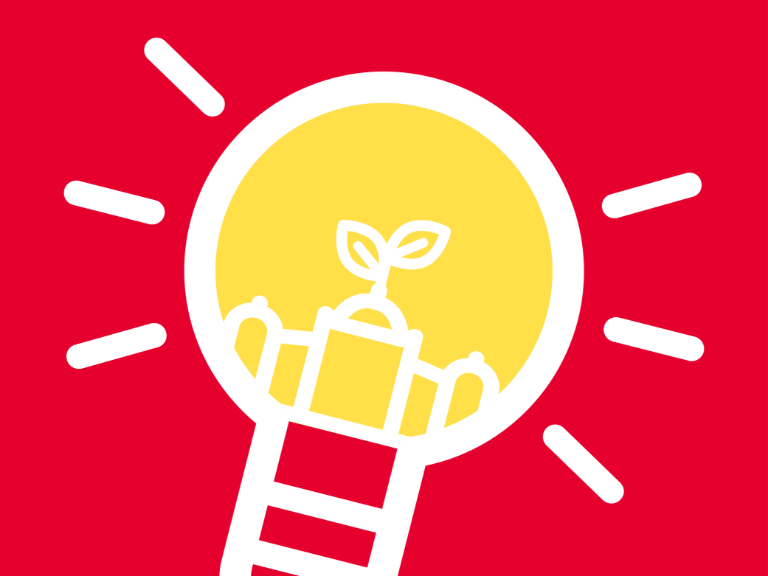Ideas Competition 1.0
Reducing the environmental impact of the University of Bern together: Review of the first “Ready to Reduce” ideas competition

Four funded projects, many committed people – the first “Ready to Reduce” ideas competition was a successful impetus for more active involvement in sustainability at the University of Bern. The aim was to find practical measures that could be implemented as independently as possible to reduce environmental impact. The response was pleasingly high.
A total of 15 project ideas were submitted. Eight of these met the formal criteria and were audited by a committee with broad expertise. Four projects were selected for funding.
The selected projects at a glance:
Reduction of anesthetic gases in the University of Bern’s Veterinary Clinic
The anesthetic gases isoflurane and sevoflurane are used during operations in veterinary medicine: They are both powerful greenhouse gases. Isoflurane is 510 times more harmful to the climate than CO₂, while sevoflurane is 130 times more harmful to the environment. Without any measures being taken, up to 30 kg of CO₂ equivalents are released into the environment per hour. To reduce emissions, residual gases are captured and reused. Employees are also trained and made aware of climate protection. The project aims to reduce emissions by up to 50%.
Initiator: Dany Elzahaby, VETSUISSE, Department of Clinical Veterinary Medicine
Transport by cargo bike instead of institute car
The Terrestrial Ecology Group operates at two locations. Samples, equipment and plants are transported between the two locations several times a week. In future, an institute bicycle will be used instead of a diesel vehicle. At the same time, a healthy and direct path through the forest is used.
Initiator: Susanne Holenstein, Faculty of Science, Institute of Ecology and Evolution
Worm Up
A worm compost is purchased to recycle food waste. Earthworms break down organic waste and make nutrients available to microbes and plants. As key players in the nutrient cycle, they promote humus formation, which is the basis for plant growth. Natural decomposition avoids emissions from waste incineration while at the same time generating valuable humus.
Initiator: Samuel Hepner, Faculty of Science, Institute of Geography
Reduce food waste – the worm inside!
A compost box with a viewing window is to be created in the Botanical Garden. The aim is to recover nutrients from food waste. This reduces CO₂ emissions and promotes biodiversity. The viewing window and rhizotrons make the hidden soil habitat visible. Root growth and the interaction of plants and soil organisms can be observed in real time. The project is complemented by information offers and workshops. Initiator:
Gemma Rutten, Faculty of Science, Institute of Plant Sciences
The ideas competition provides an insight into how much commitment and creative will there is at UniBE. The selected projects are now being implemented and the results will be reported at a later date.
A big thank you to everyone who took part – for their ideas, their commitment and their contribution to making the University of Bern more sustainable.
